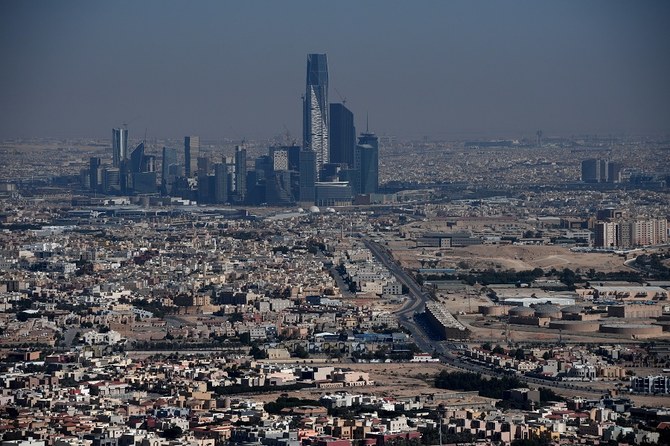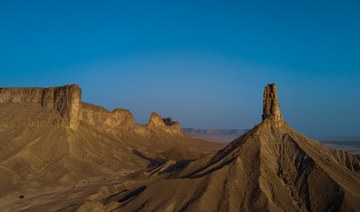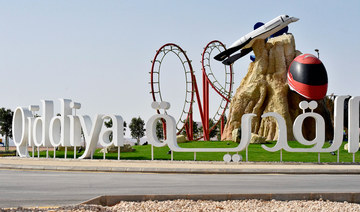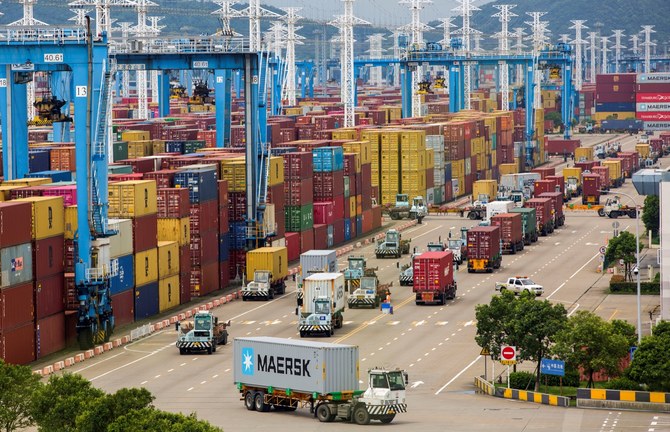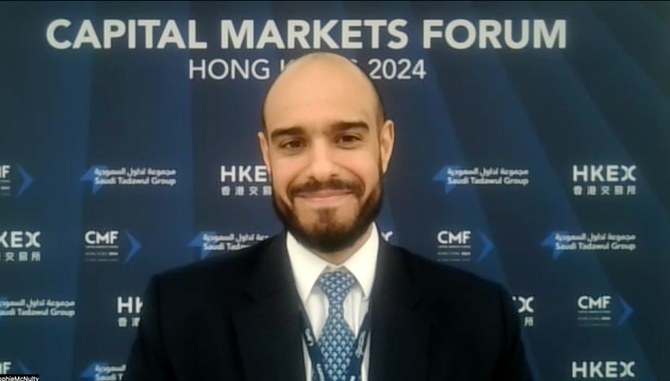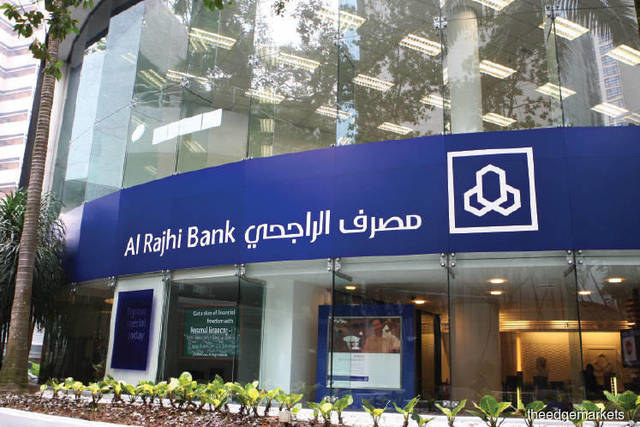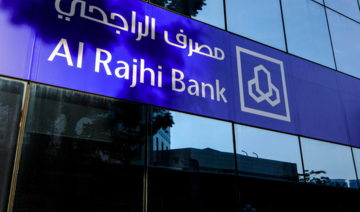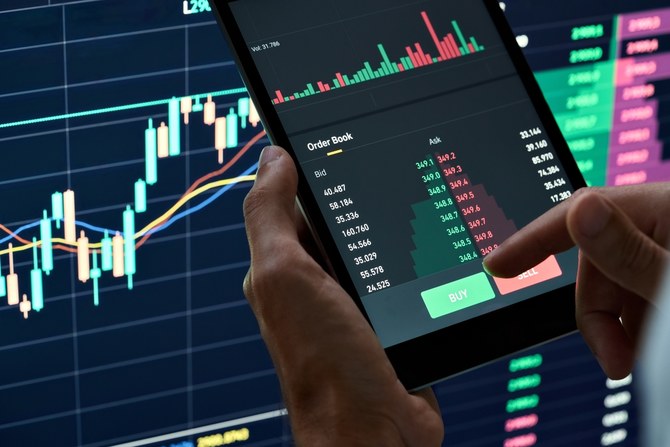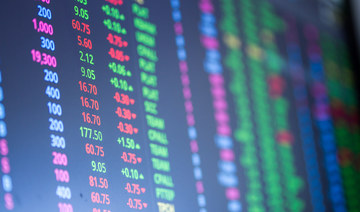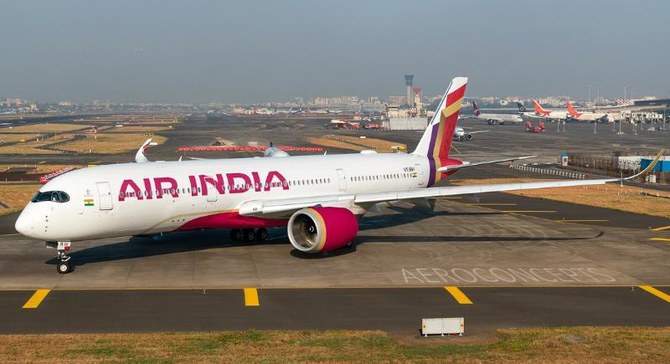Saudi Arabia’s megaproject Qiddiya will house iconic buildings as it works with companies to build a “disruptive destination”, offering a unique combination of innovative experiences in entertainment, sports and arts, Kareem Shamma, Chief Development Officer of Qiddiya Investment Company (QIC), told Argaam in an exclusive.
“There are plans to connect Riyadh’s airport by Metro to the heart of Qiddiya’s City Centre. Qiddiya will also be connected to other modes of Riyadh’s public transportation network,” he further added.
Roughly a third of the 366 square kilometers (sqkm) of the land area of Qiddiya will be planned and developed in the first phase. So far, the developer has awarded 10 construction contracts worth SAR 2 billion since the start of construction to Saudi companies.
The COVID-19 pandemic and the resulting economic situation have not had any significant detrimental impact on Qiddiya’s future plans or strategy, Shamma stated. The first phase is all set to open in 2023.
“There are many contracts and tenders in the pipeline as we begin to deliver the built environment,” the executive said, emphasizing the importance of making Qiddiya as accessible as possible.
Here are excerpts from Argaam’s interview with QIC’s chief development officer.
Q: What new contracts and tenders are planned during 2021?
There are many contracts and tenders in the pipeline as we begin to deliver the built environment. We currently have tenders out for the construction of the Plant Holding Nursery as we seek bids for procuring the professional construction supervision services.
We have large scale on-going contracts with local companies for mass grading, roads and bridges, site security and other enabling works. These firms include Haif Bin Mohammed Bin Abboud Alqahtani & Partners For Trading Contracting Co., Freyssinet Saudi Arabia Co. Ltd, Alkhorayef Water & Power Technologies, Saudi Pan Kingdom For Trading And Contracting (Sapac), Shibh Al Jazira Contracting Company (Sajco), and Abdulali Alajmi Co.
Q: Are you all set to open the first phase in 2023?
This year has been extremely busy as the project moves forward. We have awarded major contracts, and construction has continued on site with roads and bridge works, as well as mass earthworks in preparation for follow-on building work.
For our overall timeline, we will be continuing with both heavy construction and developing strategic partnerships well into 2022, after which we move into the testing and commissioning phases ahead of our grand opening date in 2023.
Q: Has Qiddiya masterplan undergone any change since its launch?
All masterplans for projects like this undergo modifications as progress is made. The concept masterplan has already been approved as of last year. There might be some changes to some assets as the more detailed masterplan evolves, but the overall concept of the project will remain unchanged.
Q: Can you share the plans for the new phases?
Qiddiya’s masterplan has been developed with the first phase scheduled to open in 2023. It will include over 60 projects and more than 300 activities across the creative, hospitality, arts and culture, entertainment and sporting sectors.
The phase 2, and subsequent phases, is planned for expanding Qiddiya’s offerings and growing the project’s capacity to enable sustainable growth of the project and to ensure repeat visitation.
Q: Did COVID-19 impact your work schedules?
The Qiddiya project covers a land area of some 366 sqkm, of which roughly one third will be planned and developed in the first phase. The COVID-19 pandemic and the resulting economic situation have not had any significant detrimental impact on our future plans or strategy.
We were able to prepare for the pandemic by empowering our staff with the right equipment and technology so that they were able to work remotely and continue a ‘business as usual’ approach. Adhering to government protocols, we have now opened our offices, and our staff is working here on alternate days and from home for the rest of the time.
Q: Is there any plan to have transportation links with Riyadh airport?
It is important to make Qiddiya as accessible as possible. There are plans to connect Riyadh’s airport by Metro to the heart of Qiddiya’s City Centre. The project will also be connected to other modes of Riyadh’s public transportation network. We hope that the public road connections to the site will be upgraded in the near future.
Q: What kind of sustainable infrastructure or green technologies do you plan to use in the mega project?
Qiddiya embraces the sustainability goals outlined in the Saudi Vision 2030 and has devised a sustainability policy which not only incorporates these initiatives to ultimately respect, protect and enhance our natural landscape but also elevates in importance four of these main pillars of sustainability.
These include efficient waste management through reducing quantities of waste, in the first instance, and re-using and recycling waste thereafter; increasing biodiversity on Qiddiya’s land; promoting the optimal use of our water resources by reducing consumption and utilizing and re-using water efficiently; and creating pleasant outdoor microclimates to encourage pedestrianization.
Given the special nature and responsibility of Qiddiya as a giga project, we have elevated these four key components of the overall sustainability platform, such that they will be given special attention and extraordinary effort throughout the entire lifecycle of Qiddiya, from construction to operation and beyond.
Q: Are you planning iconic projects within Qiddiya?
Qiddiya’s vision is to create a disruptive destination recognized on the world stage as the unique combination of the most innovative experiences in entertainment, sports and arts. Therefore, we are working with companies to create iconic buildings to house these activities and bring this vision to life.
Powered by Argaam



